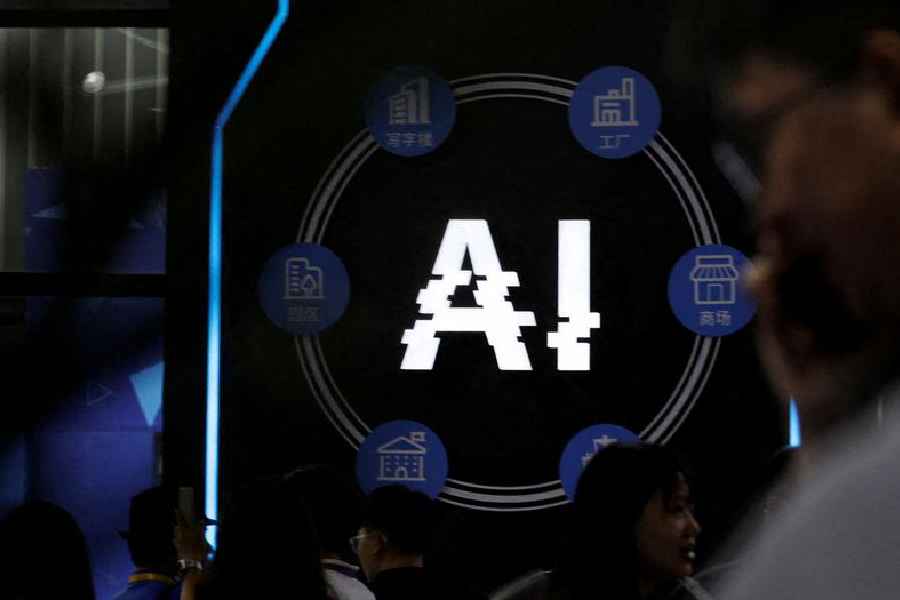Have the artists of the Western world united? Hollywood’s scriptwriters and actors are on strike; in Silicon Valley, artists, fan-fiction writers and those at the helm of venerable news organisations as well as social media companies have their arms locked in unity too — against the potentially regressive powers of Artificial Intelligence. The Writers Guild of America is demanding that generative AI not be used to create new — unpaid — content out of works conceived by its members; the WGA has been joined by the Screen Actors Guild - American Federation of Television and Radio Artists, which fears that studios may use digital avatars of movie stars without their express approval. The grievances are beginning to assume eclectic, global dimensions. As the AI revolution spreads, it is likely to encounter similar resistance from all those whose creative labour it seeks to replicate and then, eventually, supplant. The rumblings also lay bare a formidable policy challenge: negotiating the evolving, complex and, hence, grey relationship among creative labour, new technology, the question of consent and intellectual property rights. Unsurprisingly, the thrust of the agitators lies on the need of regulating AI. This demand has global echoes. China’s internet regulator, for instance, has outlined a proposal to rein in rogue avatars of generative AI such as chatbots. Europe is a step ahead in the race though. The European Union has already framed a set of regulations that stipulates, among other things, a ban on facial recognition technology along with appraisals of AI products before their commercial release.
The scrutiny of AI by artists as well as the noises being made in support of AI’s endorsement seems to mirror an older clash of principles and, possibly, class. On the one hand are the advocates of the laissez-faire spirit — this time, a cartel comprising technology titans and pliable, complicit governments — who stand against any form of restraint in spite of AI’s discernible plagiaristic potential and its ability to upend large segments of the labour market. Confronting them is a versatile constituency of workers, conscientious legislators and, in the case of China and Europe, a concerned State. The outcome of this battle could be decisive for the future of both capital and labour. The contestants would do well to remember an unchanging truth: technology’s evolution is to be welcomed, but not its misapplication.











